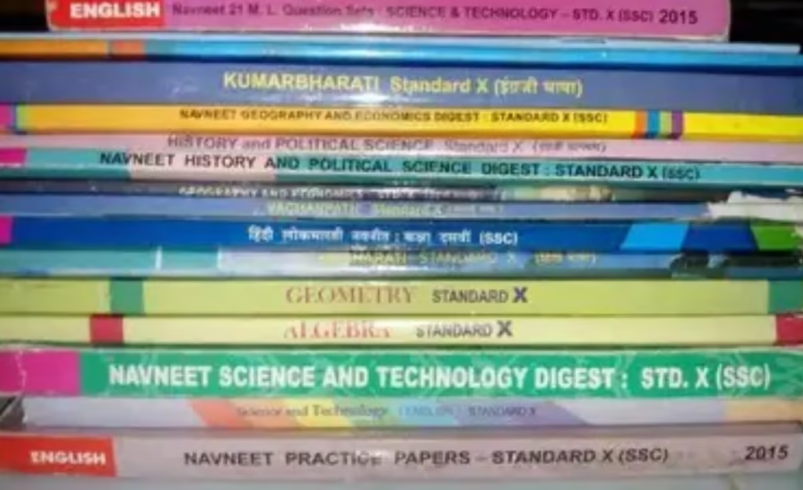New NCERT Class 8 Textbook Showcases India’s Rich Scientific Heritage
- July 17, 2025
- 0

The National Council of Educational Research and Training (NCERT) has unveiled a new Class 8 Science textbook titled ‘Curiosity.’ This educational resource aims to bridge the gap between traditional Indian knowledge and contemporary scientific advancements. By doing so, it highlights India’s profound contributions to the global scientific community.
‘Curiosity’ is designed to engage young minds by integrating historical scientific concepts with modern discoveries. The textbook introduces students to ancient Indian scholars like Acharya Kanad, who proposed the concept of ‘Parmanu,’ an early understanding of atomic theory. This approach not only honors India’s rich scientific past but also encourages students to appreciate the evolution of scientific thought.
In addition to ancient theories, the textbook also celebrates modern achievements, particularly those of the Indian Space Research Organisation (ISRO). By including information about ISRO’s missions, ‘Curiosity’ provides students with insights into India’s advancements in space exploration. This inclusion serves to inspire future generations to pursue careers in science and technology.
The textbook also sheds light on the contributions of ancient Indian astronomers. It references their understanding of reflection and other astronomical phenomena, demonstrating how early Indian scientists laid the groundwork for future discoveries. By showcasing these achievements, ‘Curiosity’ aims to instill a sense of pride and curiosity in students about their scientific heritage.
The introduction of ‘Curiosity’ into the curriculum represents a significant step towards a more comprehensive science education in India. By blending historical and modern scientific knowledge, NCERT hopes to foster a deeper understanding and appreciation of science among students. This approach not only enriches their educational experience but also prepares them for future scientific endeavors.